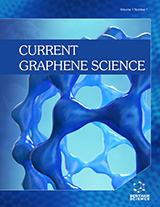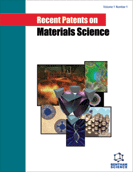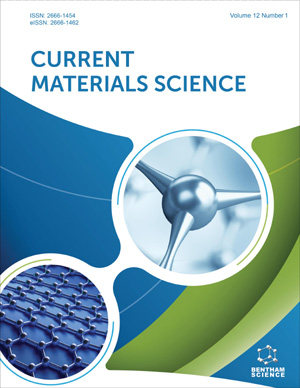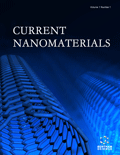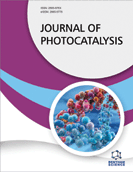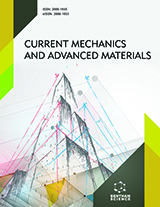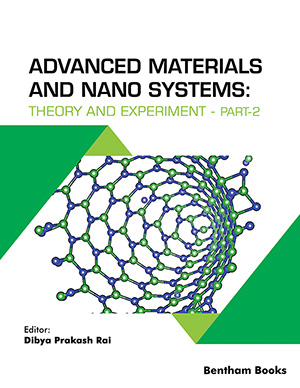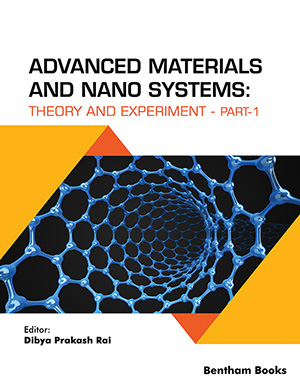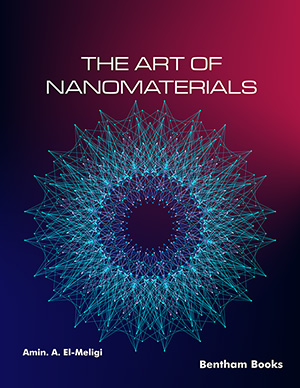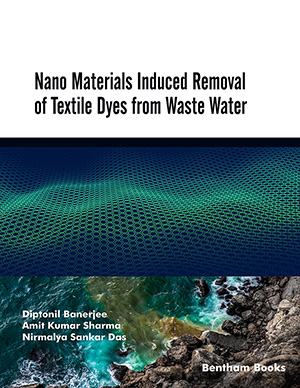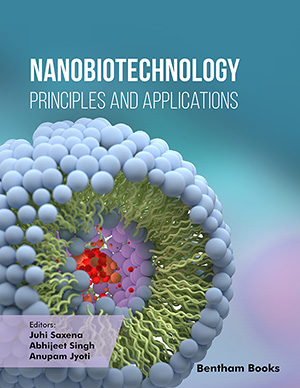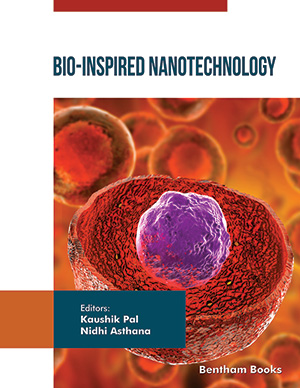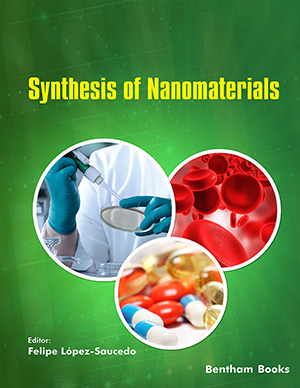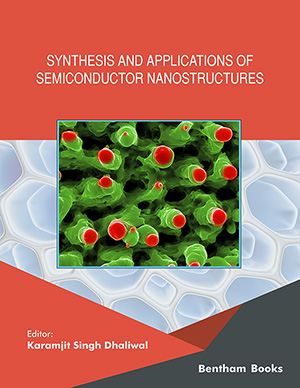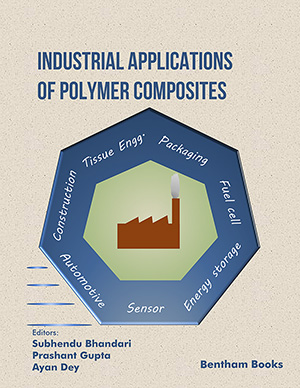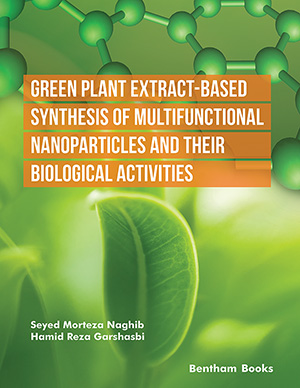Abstract
With the advancement in research, new techniques are growing very fast these days. The environmental contamination by many hazardous elements is seen in today’s world. The radioactive materials and their byproducts or the leakage of nuclear reactors is a potential serious health threat. The ground water and drinking water get contaminated and it is a big challenge to remove these radioactive ions from the environment. The radioactive ions leach into groundwater and contaminate drinking water supplies for large population areas. The key issue in developing technologies for the removal of radioactive ions from the environment mainly from wastewater and their subsequent safe disposal is to devise materials which are able to absorb radioactive ions irreversibly, selectively, efficiently, and in large quantities from contaminated water. Hence, nanotechnology proved to be a great success in this area. Nanotechnology is the science and technology working at the molecular level i.e. in nanometre and embraces many different fields and specialties, including engineering, chemistry, electronics, medicine, pharmaceuticals, agriculture and waste management. The present chapter deals with the development of nano-technology for the removal and safe disposal of radioactive ions from the environment using nanomaterials.
Keywords: Nanotechnology, Nanomaterials, Radio Wastes, Radionuclides.



